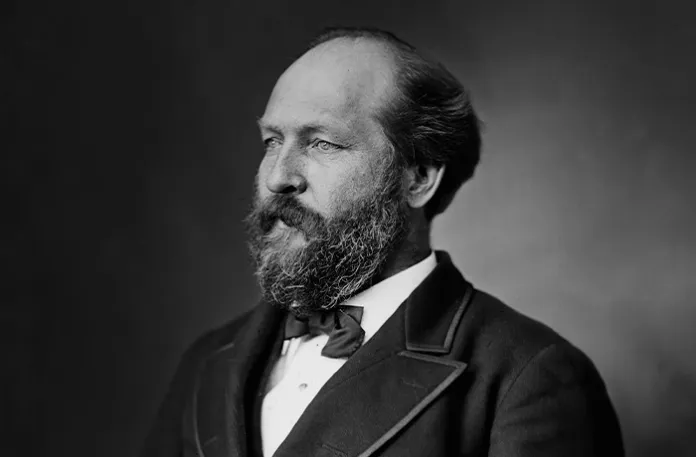The reaction to Julia Ducournau’s latest film, *Alpha*, has been sharply divided, sparking walkouts and harsh criticism – yet it resonated with me deeply. It’s a film that doesn’t offer easy comfort, and perhaps that’s precisely its strength.
Ducournau, known for the visceral and unsettling body horror of *Raw* and *Titane*, takes a surprising turn with *Alpha*. The film unfolds in a hauntingly familiar, yet altered, 1980s/90s, shadowed by a terrifying bloodborne disease. This illness doesn’t simply kill; it slowly transforms its victims into living marble, a chilling visual metaphor that dominates the narrative.
The story centers on Alpha, powerfully portrayed by Mélissa Boros, a troubled thirteen-year-old grappling with adolescence and a terrifying new reality. She returns home from a party bearing a mysterious ‘A’ tattooed on her arm, setting off a chain of events that unravels the fragile stability of her family and community.

Alpha’s mother, a doctor played with compelling intensity by Golshifteh Farahani, works tirelessly in an overwhelmed hospital, battling the relentless tide of the disease. The film’s parallels to the AIDS epidemic are stark and deliberate, mirroring the fear, stigma, and societal rejection experienced during that crisis. More recently, the film’s depiction of panic and overflowing hospitals echoes the anxieties of the Covid pandemic.
Beyond the medical drama, *Alpha* delves into the complexities of family. Alpha’s mother is forced to confront her past when her estranged, struggling brother, Amin (Tahar Rahim), returns home. Their history is fraught with pain, and his presence further destabilizes an already precarious situation.
While Ducournau doesn’t abandon body horror entirely – a particularly gruesome scene involving a victim’s agonizing transformation left a lasting impression – she prioritizes emotional impact over visceral shock. The focus shifts to the raw, often fraught, relationship between Alpha and her mother, a bond tested to its limits by fear and uncertainty.

The film isn’t without its ambiguities. A pervasive red dust coats the landscape, a haunting visual element that remains largely unexplained. Is it the residue of those turned to stone? A symbol of the encroaching apocalypse? The unanswered questions add to the film’s unsettling atmosphere.
Despite these ambiguities, the film’s urgent emotional core, driven by exceptional performances from Boros, Farahani, and Rahim, held me captive. Even those who found it challenging were clearly affected; *Alpha* received a twelve-minute standing ovation at Cannes, a testament to its power.
*Alpha* isn’t a film that neatly fits into a single genre. It’s a challenging, emotionally demanding work that lingers long after the credits roll. It’s a testament to Ducournau’s willingness to push boundaries and explore the darkest corners of the human experience.

This is a film that demands to be felt, not simply watched. It’s a gruelling experience, yes, but one that ultimately reveals a profound and affecting story about family, fear, and the search for connection in a world on the brink.






